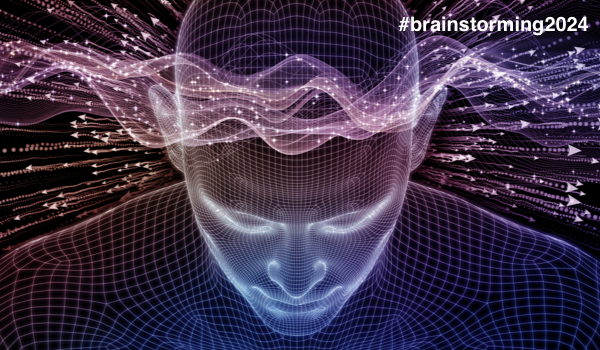


LONDON - In a dynamic technological era, the synergy between artificial intelligence (AI) and human psychology is ushering in a new landscape of virtual interactions that transcend mere functionality. This exploration into the 'Empathy Code' - a metaphorical combination of the technology of coding and the psychology of empathy - examines the psychology of human-computer interactions, the nuanced design involved in getting AI to understand and respond to human emotions, and the emerging trend of empathetic virtual assistants and chatbots.
Human-computer interaction psychology
The cornerstone of human-computer interaction (HCI) psychology lies in deciphering how humans perceive, interpret, and respond to digital interfaces. This extends beyond the superficial usability of software and touches on the emotional and psychological dimensions of the user experience.1
Empathy plays a pivotal role in HCI, early studies suggest.1 This empathetic approach forms the foundation of designing AI systems that enhance virtual interactions with a human touch.
AI evolution: From functionality to empathy
As AI advances, developers increasingly recognize the need to integrate emotional intelligence into virtual systems. The traditional perception of AI as a logical and detached entity is evolving, giving rise to emotionally intelligent systems capable of understanding and responding to human emotions.
Collaborations between researchers and psychologists with AI developers are also leading to breakthroughs in deciphering the intricate nuances of human emotions. Machine learning algorithms are being trained on expansive datasets incorporating emotional patterns and contextual cues to enable AI to understand the emotional subtleties of human communic
The content herein is subject to copyright by The Yuan. All rights reserved. The content of the services is owned or licensed to The Yuan. Such content from The Yuan may be shared and reprinted but must clearly identify The Yuan as its original source. Content from a third-party copyright holder identified in the copyright notice contained in such third party’s content appearing in The Yuan must likewise be clearly labeled as such. Continue with Linkedin
Continue with Linkedin
 Continue with Google
Continue with Google










 1075 views
1075 views







